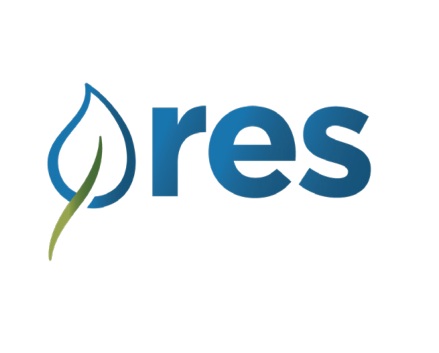
Current openings at RES
At RES, we’re not just offering jobs—we’re building a team of purpose-driven individuals who care deeply about making a measurable impact on the environment and the communities we serve. Our work restoring land, protecting watersheds, and building resilient ecosystems starts with people passionate about restoration and sustainability—people who want their work to leave the world better than they found it.
We value those who consistently go above and beyond, step up to challenges, own their contributions, and take initiative without waiting to be asked. Whether it’s lending a hand on the job site or finding innovative ways to solve complex ecological problems, our team members lead with integrity and commitment.
Collaboration and teamwork are at the heart of what we do. From field crews to engineers, scientists, and administrative staff, we thrive on diverse perspectives and open communication. Every successful project is a testament to the power of working together toward a shared mission.
In an ever-changing field, resiliency, resourcefulness, and adaptability are essential. Our team members are problem-solvers who think on their feet, stay calm under pressure, and find solutions even in the face of setbacks—because the environment doesn’t follow a script, and neither do we.
We’re also a home for intellectually curious and lifelong learners—those who constantly seek to improve their skills, grow their knowledge, and stay on top of best practices in ecological restoration. Whether you’re learning how to identify native plants or exploring new hydrological modeling tools, we encourage and invest in continuous growth.
If you’re looking for more than just a job—if you want to restore, protect, and create lasting environmental change—you’ll find your place at RES.
Review open positions below. If you don't find a match with your career aspirations, we welcome you to join our Talent Community by sending your resume to careers@res.us or applying to the Talent Community job here.
RES Legal Labor Posters
California Job Applicant Privacy Notice
Know Your Rights Workplace - Discrimination Is Illegal
Title VI Non-Discrimination Policy Statement
Your Employee Rights Under the Family and Medical Leave Act
Create a Job Alert
Level-up your career by having opportunities at Resource Environmental Solutions LLC sent directly to your inbox.
